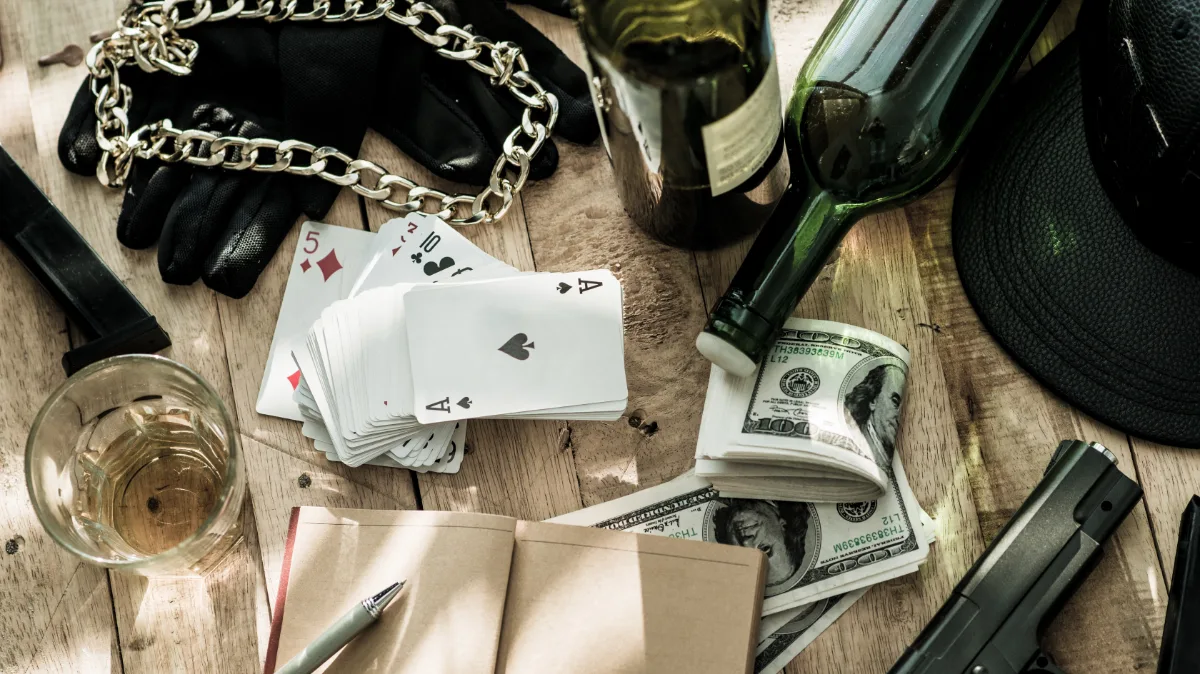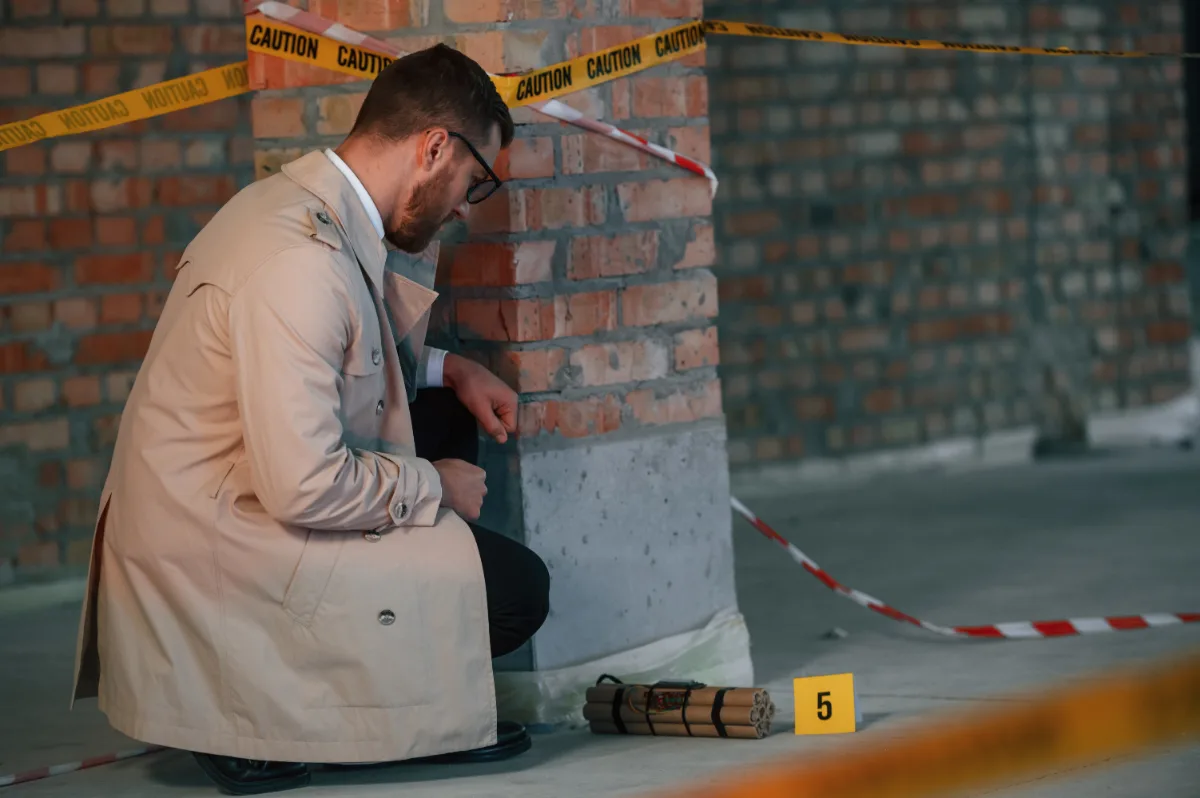WHAT IS COMMUNICATING GAMBLING INFORMATION IN TEXAS? The Texas law against communicating gambling information prohibits communicating information regarding bets, betting odds, changes in betting odds, and providing, installing, or maintaining equipment used to communicate or receive such information. WHAT IS THE COMMUNICATING GAMBLING INFORMATION LAW IN TEXAS? Tex. Penal Code...













